The information released after the Central Economic Work Conference lays the road map for addressing short-term economic issues and challenges, while keeping a firm eye on the country's key long-term goals.
Far-reaching reforms, such as new policies related to the platform economy, real estate financing, and carbon emissions reduction targets, were rolled out at the meeting held on Dec 8-10. Thanks to these reforms and the largely effective containment of the COVID-19 pandemic, China's GDP growth is widely expected to be about 8 percent, more than the targeted 6 percent.
And in more ways than one, the Central Economic Work Conference recognized and celebrated the economic achievement of this year.
The policymakers are well aware of three pressing short-term challenges, that is, a relative contraction in demand, shocks to supply, and a pessimistic turn in expectations. Therefore, the conference called on all levels of governments to coordinate their efforts, so as to stabilize growth in 2022.
In a departure from the traditional format of laying out specific key tasks, the communique contains a point-by-point discussion of how long-term principles and short-term adjustments should be balanced in seven key policy areas.
Naturally, macroeconomic policy tops the list. Fiscal policy will remain active in the context of high efficiency and sustainability. Further tax and fees cuts are likely to be implemented and some infrastructure projects are expected to be brought forward. However, in light of long-term fiscal discipline, the conference warns local governments against any increase in implicit government debt.
Monetary policy will remain stable and relatively flexible. Confirming the current trend of building a more structural monetary policy, the conference has suggested that more funds be made available for small and medium-sized enterprises, and innovation and green investment be promoted to serve the country's long-term interests.
The other six key policy areas are related to microeconomic policy to boost the vitality of market entities, structural policy to expedite domestic economic circulation, scientific policy to strengthen innovation capacity, reform and opening-up policy to boost development, regional policy to improve spatial balance in development, and social policy to strengthen the social safety net.
With fundamental changes taking place during the on-going new development phase, the conference has addressed five hot policy issues through precise yet incisive discussion.
First, as part of the long-term efforts to achieve common prosperity, collective efforts to create economic wealth precede the setup of a fair system to share the benefits.
Second, capital as a factor of production contributes positively to China's socialist market economy. Yet negative effects such as the abuse of market power need to be curbed.
Third, the supply constraints on primary products can pose a threat to people's livelihoods and price stability. While it is necessary to safeguard supply, China must also economize the use of primary resources.
Fourth, while the local governments and financial and industrial regulators should draw up a plan to manage and mitigate financial risks, enterprises must make self-rescue provisions.
And fifth, an enterprise or sector cannot achieve carbon neutrality by resorting to sudden big-push policies. The phasing out of fossil fuels in energy supply must be preconditioned by the buildup of supply capacity in renewable energy.
In a complex global environment, higher-quality development requires striking the right balance between short-term policies to safeguard macroeconomic stability and a long-term commitment to deep structural reform. Recognizing the strong headwinds, the Central Economic Work Conference formulated clear strategies to steady the Chinese economy and steer it on course to achieve higher-quality development and common prosperity.
The author is an associate professor with the Guanghua School of Management, Peking University. The views don't necessarily reflect those of China Daily.









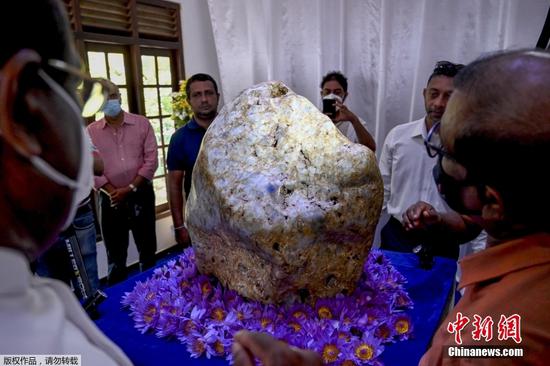
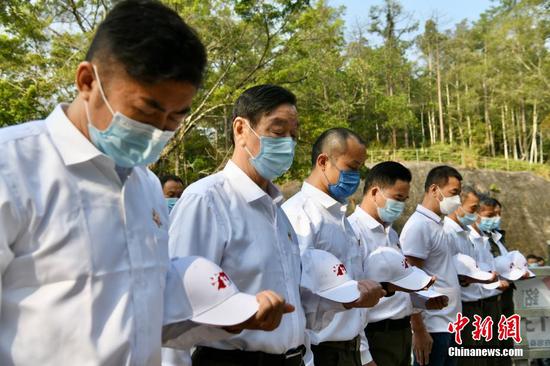




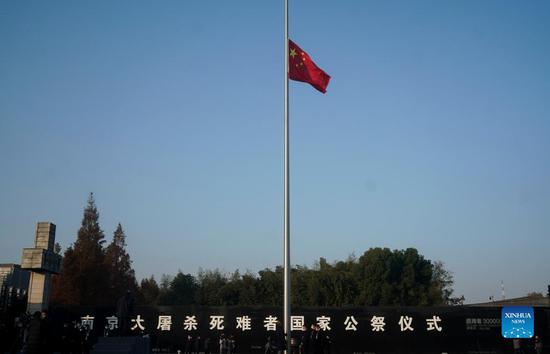


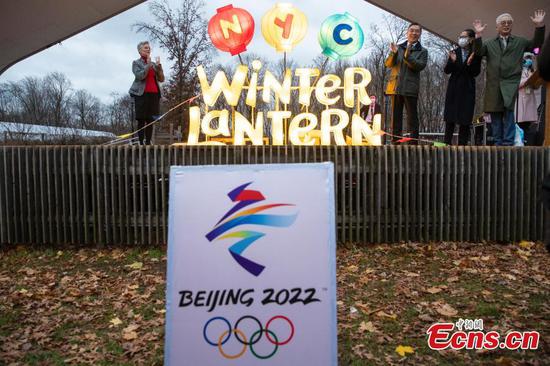



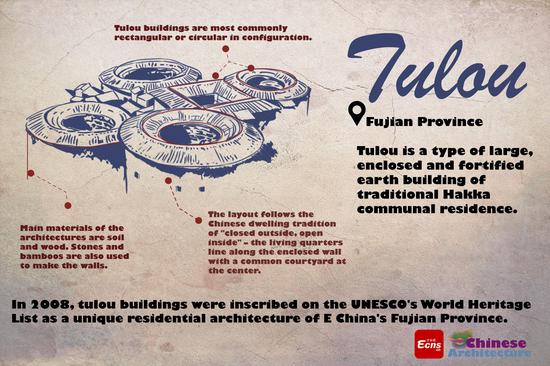
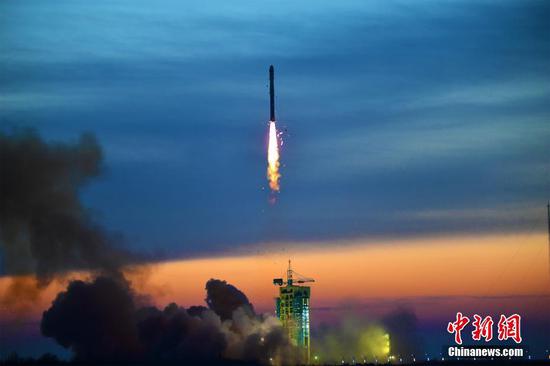

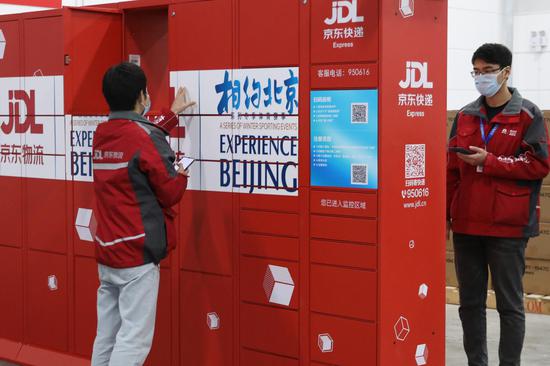
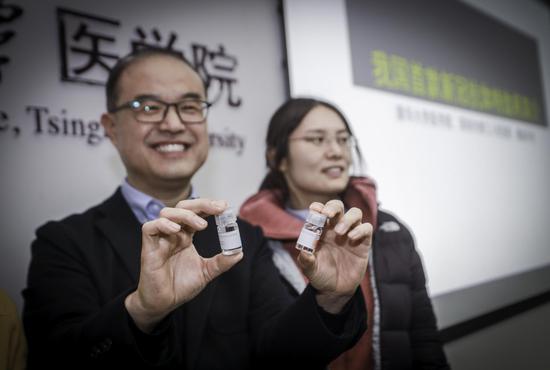

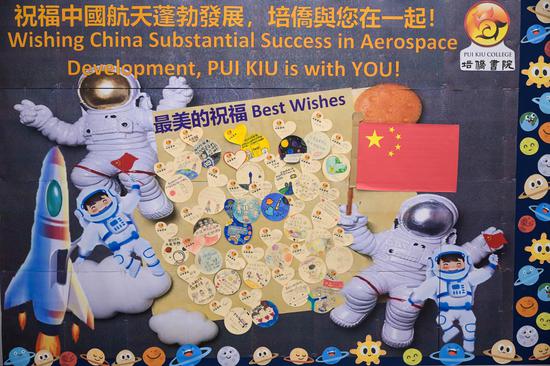
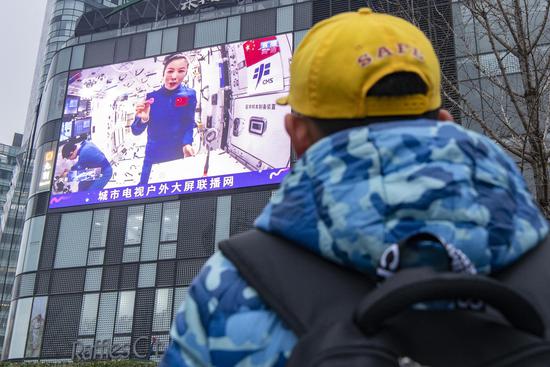
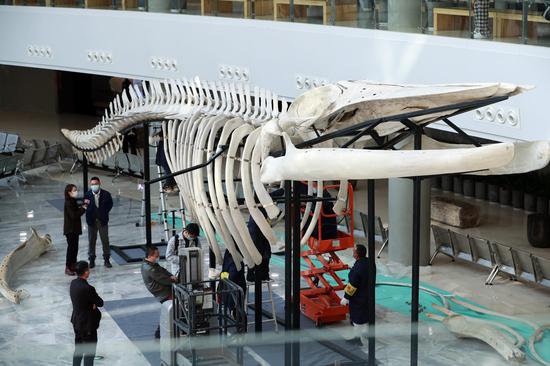

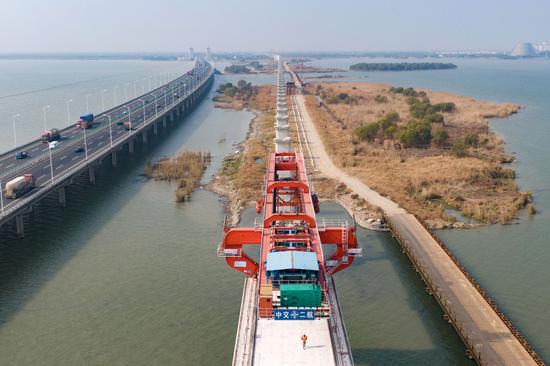






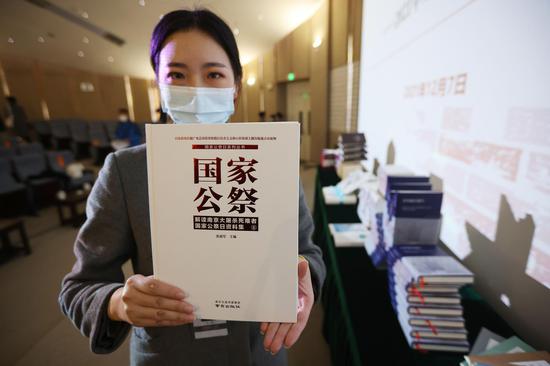


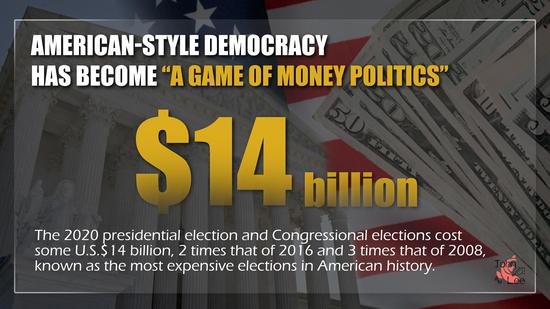







 京公网安备 11010202009201号
京公网安备 11010202009201号